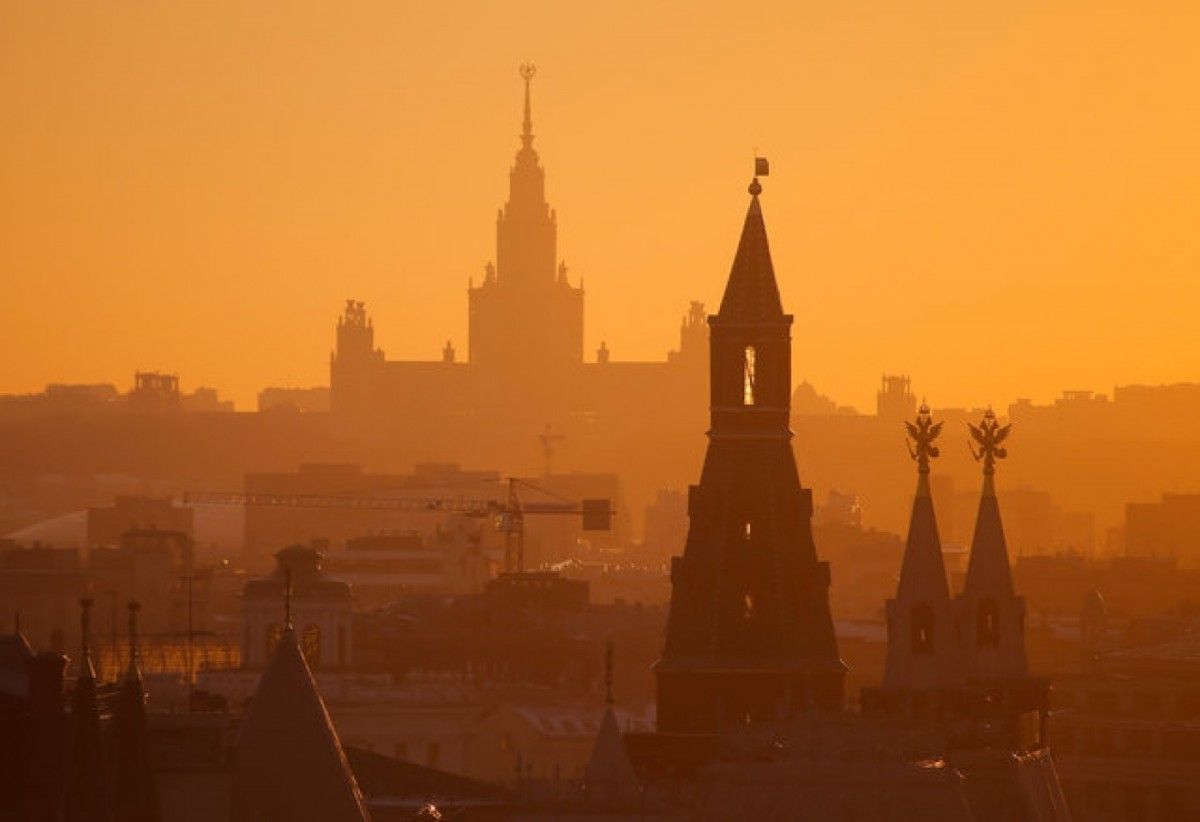
Russia is moving to impose its economic interests onto Belarus, says Igar Tyshkevich, an international affairs expert with the Ukrainian Institute for the Future.
"It's important for Russia to do what they did in Ukraine from 2007 to 2010 – the massive arrival of Russian businesses. In this format, how should they address this? Either having a weak [Alexander] Lukashenko, who has retained power through bloodshed, and is forced to peace and integration, or having a new president, who is not accepted by that very ruling vertical, the elite. In this case, Ms. [Svetlana ]Tikhanovskaya was a perfect pick because she ran without a program, and it would be naive to expect loyalty from middle-level officials," the expert told Ukraine 24 TV Channel.
The option where Belarusians reach accord is one of the worst ones for Russia
Tyshkevich has also spoken on why the founding of the Opposition Coordination Council is a threat to the Kremlin.
Read alsoPoland reacts to "Grodno annexation" allegations, condemns Russia's plan for military intervention in Belarus"In any of these scenarios, it is extremely important and beneficial for Russia to put pressure on Belarus from the perspective of integration, and that's exactly what they've been trying to squeeze out of Lukashenko. The emergence of the Coordination Council is of no benefit to Russia as this is an attempt by internal Belarusian forces to play their own game. The option where Belarusians reach accord is one of the worst ones for Russia," he said.
Belarus protests: background, reactions
- Presidential elections were held in Belarus on August 9.
- The Central Election Commission said over 80% of voters supported incumbent President Alexander Lukashenko, while his main rival, a political novice Svetlana Tikhanovskaya, gained just over 10%.
- Thousands of Belarusians who believe the vote count was rigged took to the streets to protest election results.
- Security officials violently slammed on protesters, detaining thousands, beating and injuring many in captivity.
- On August 19, leaders of EU member states agreed to impose sanctions on Belarus in response to falsified vote count and the use of violence against protesters. They have not recognized the presidential election results.
- Ukraine has joined the EU declaration on Belarus. Ukrainian Foreign Minister Dmytro Kuleba said that Ukraine in no way intends to interfere in Belarus' internal affairs, while remaining ready to assist in settlement efforts.

